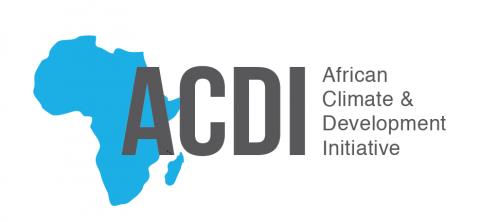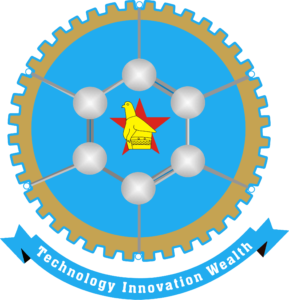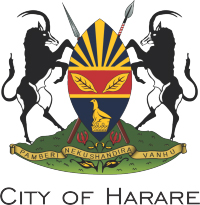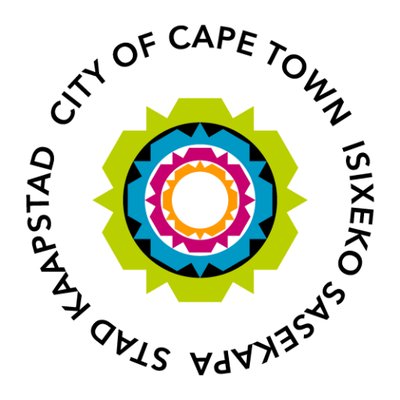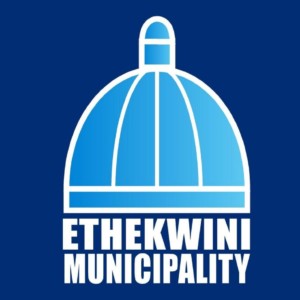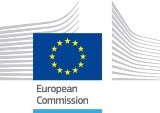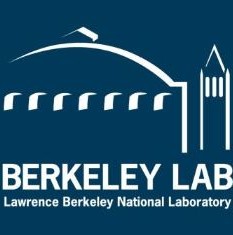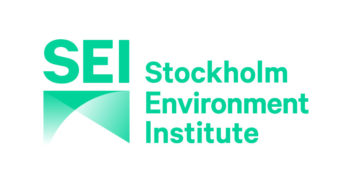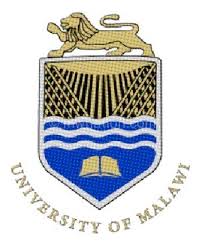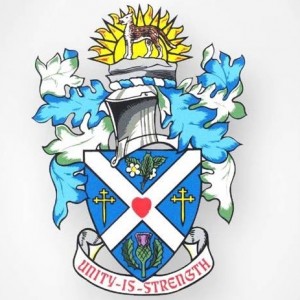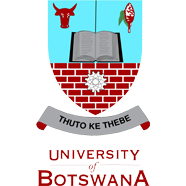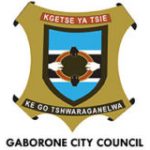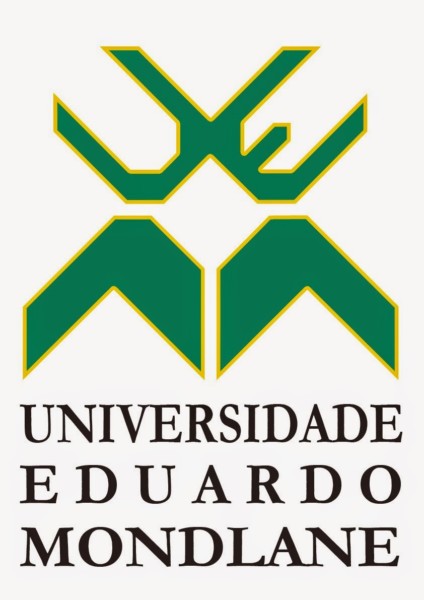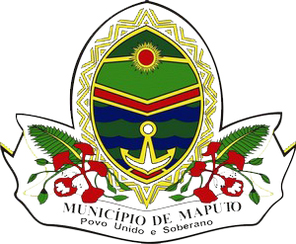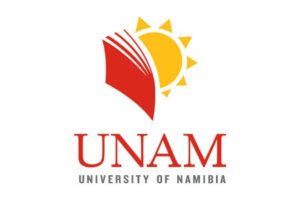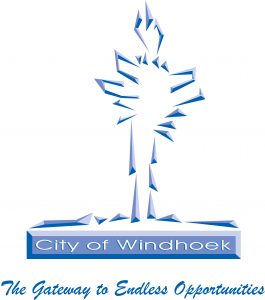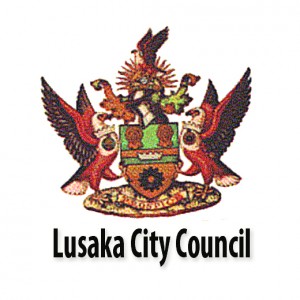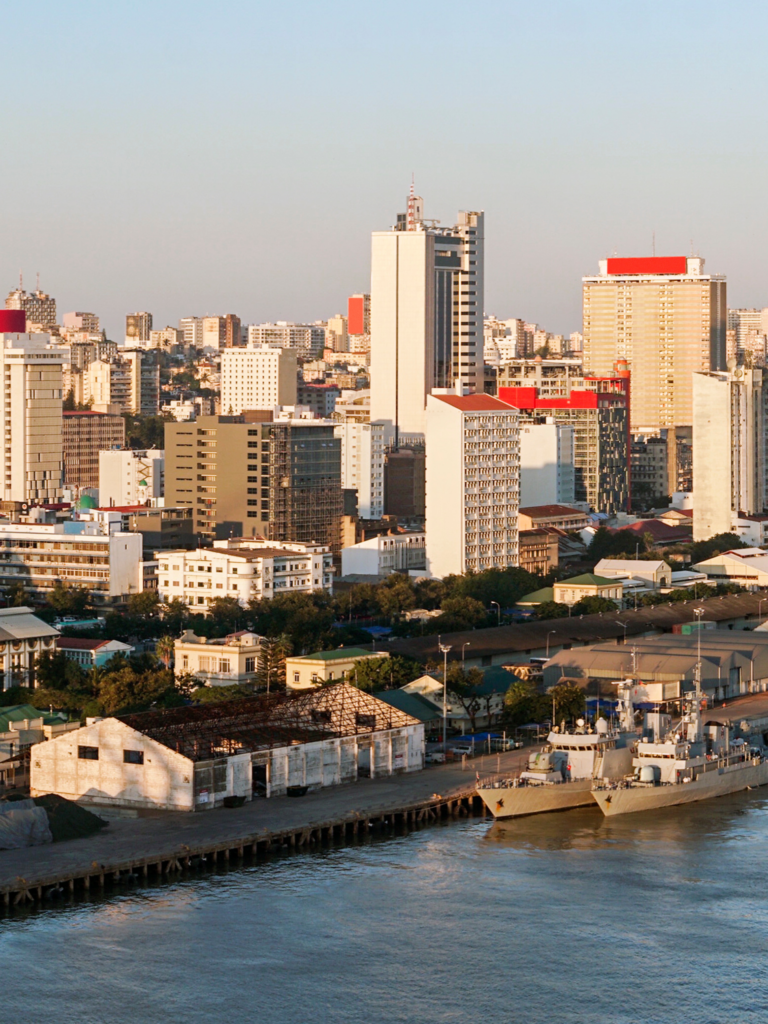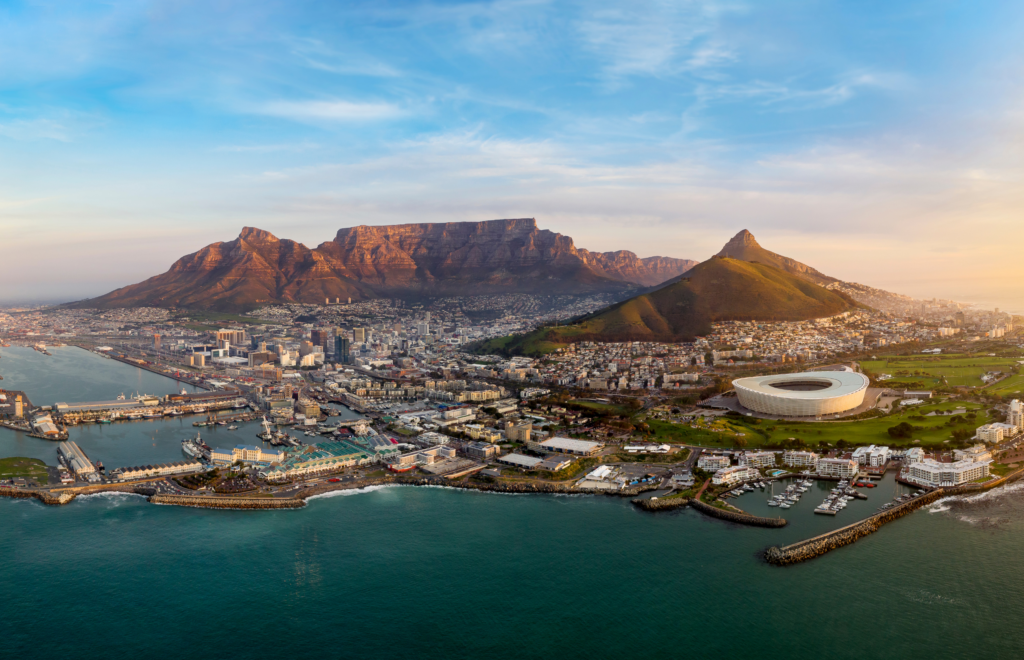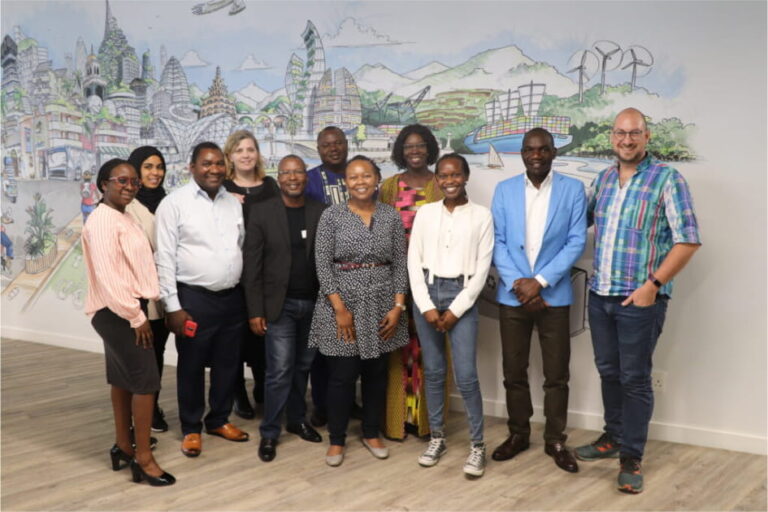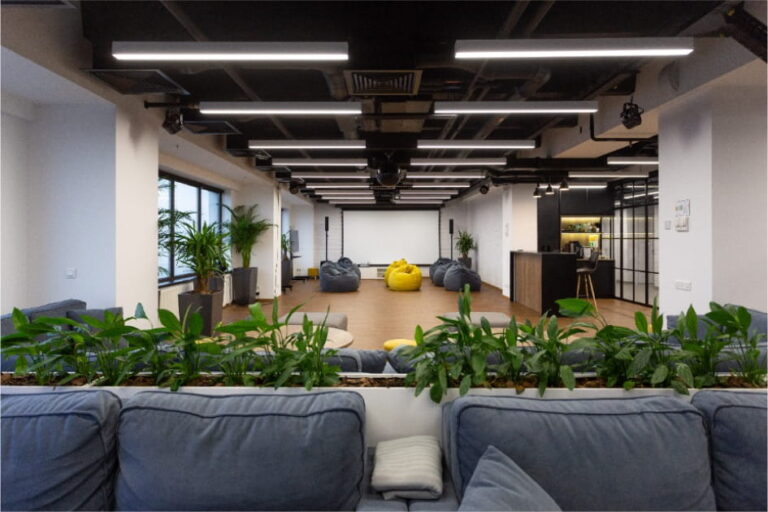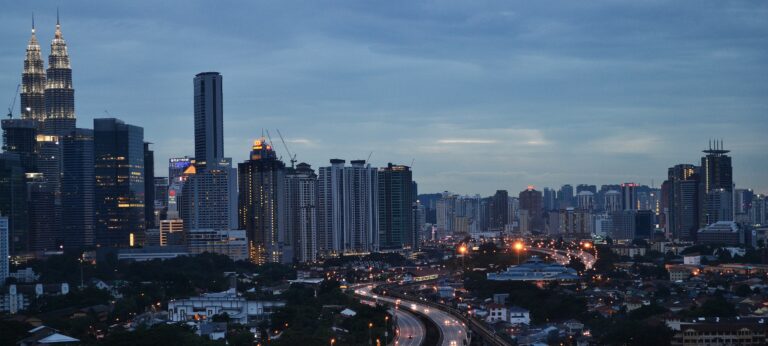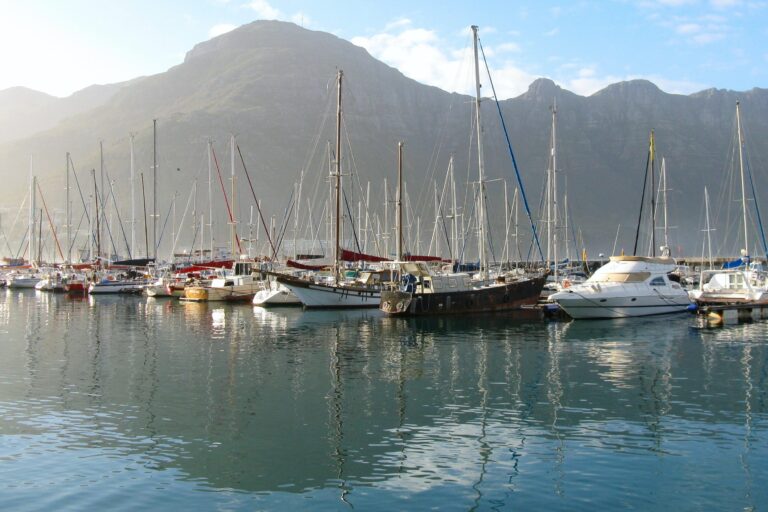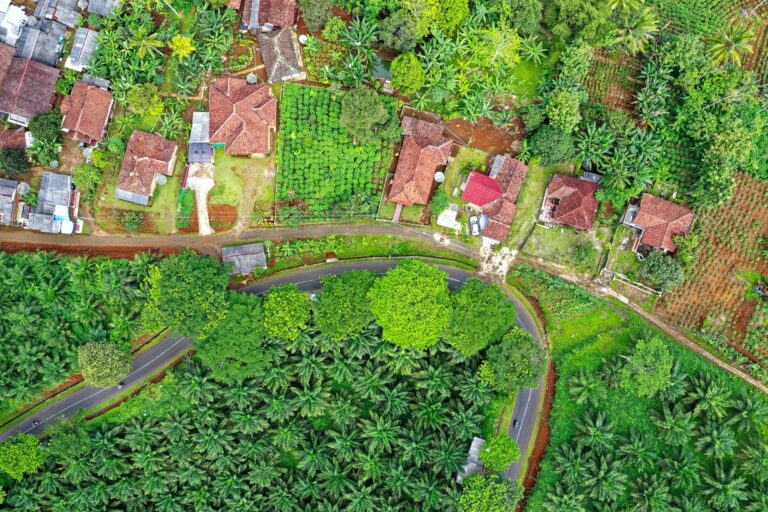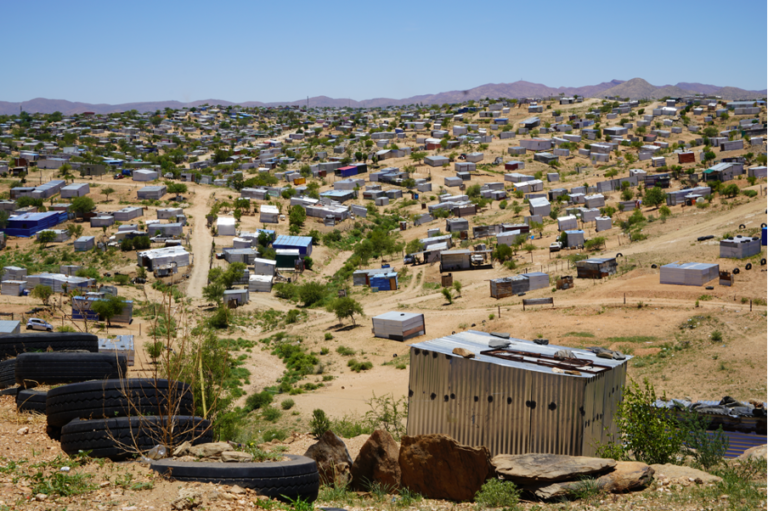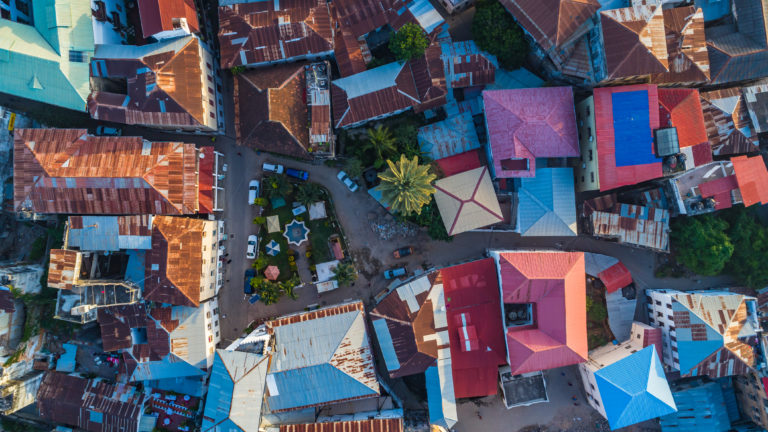Future Resilience for African Cities
We support Sub-Saharan African city stakeholders and subnational governments co-produce relevant knowledge for climate resilience.

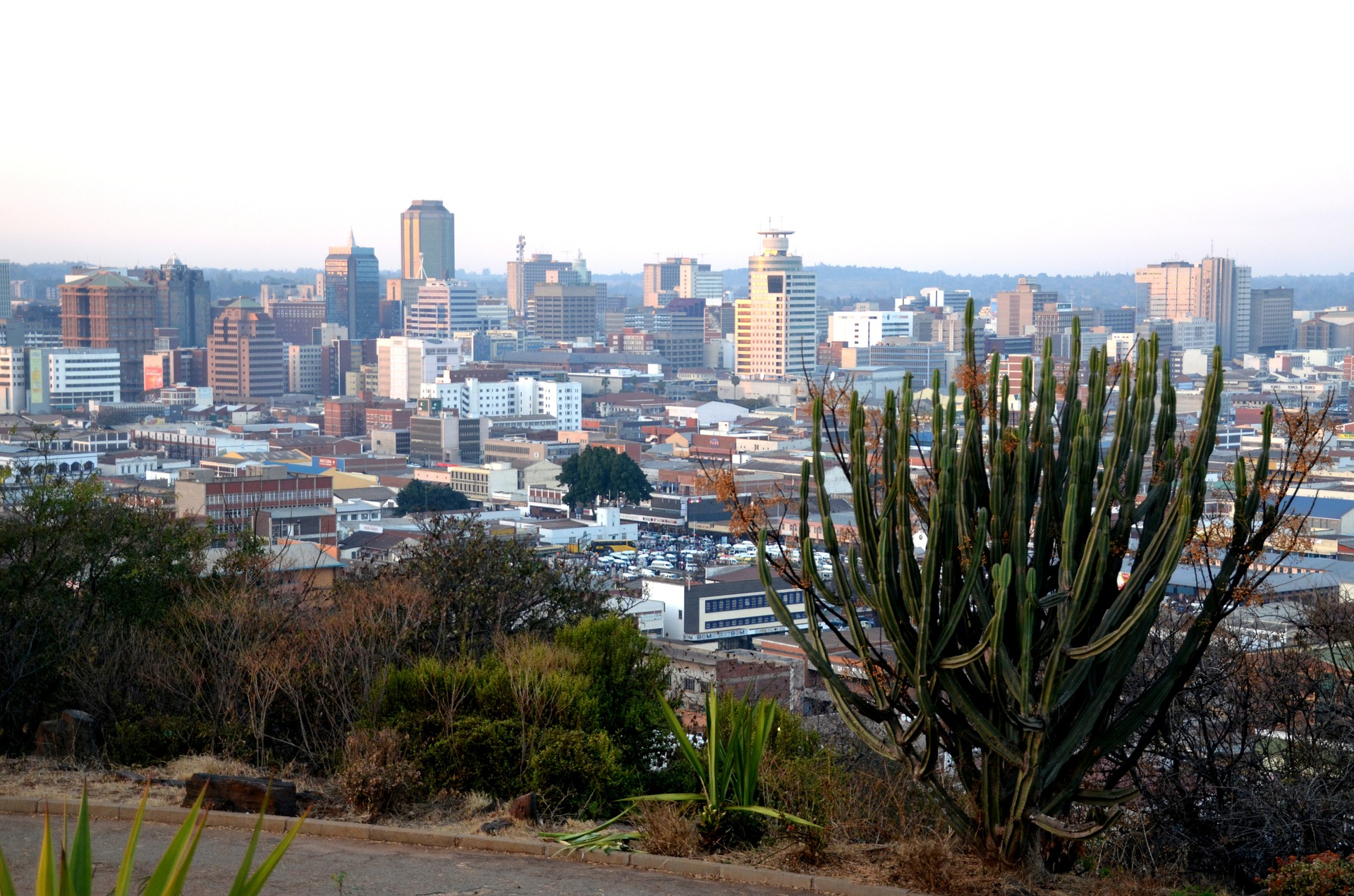


Related ICLEI Pathway(s)
Locations
Funded by
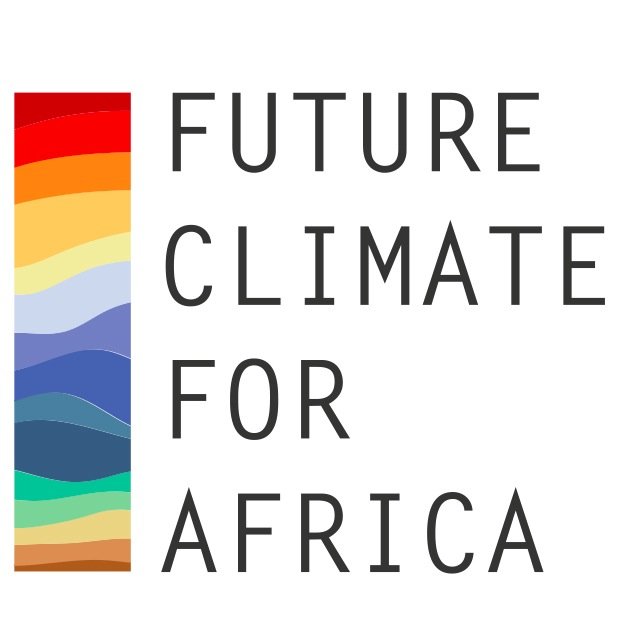
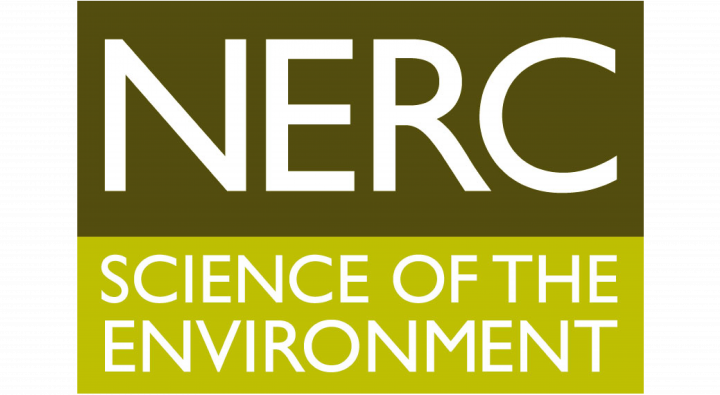
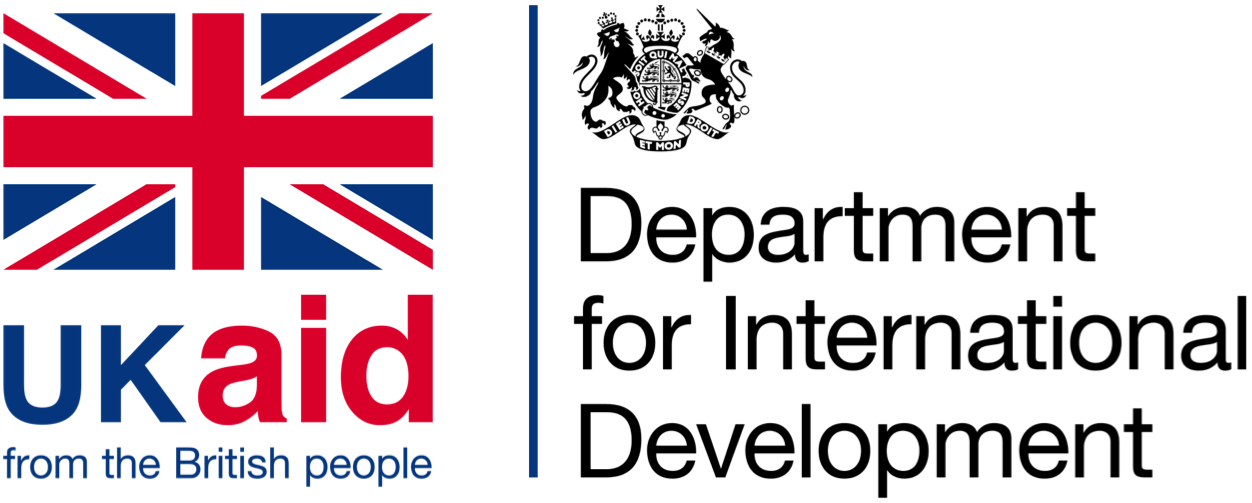
About
Project summary
In order to take climate action, southern African leaders require accessible, timely, applicable and defensible climate information that is specific to their city contexts. However, for southern African cities, climate information is poorly attuned to the needs of African decision-makers, while current methods of climate services are largely supply driven and rarely begin with climate sensitive development challenges.
FRACTAL is improving the understanding of climate processes and context-specific climate trends in nine African cities. Traditionally, an external organisation would produce this information and deliver it to cities, but this is far from adequate for facilitating change, as decision-making is nuanced, complex and often impacted by socio-political dynamics.
To address this, FRACTAL uses a transdisciplinary approach. It brings together scientists, engineers, government representatives and other stakeholders to co-produce relevant knowledge needed to build resilience. The FRACTAL team works with cities to integrate this information into African city-region decision-making.
In order to take climate action, southern African leaders require accessible, timely, applicable and defensible climate information that is specific to their city contexts. However, for southern African cities, climate information is poorly attuned to the needs of African decision-makers, while current methods of climate services are largely supply driven and rarely begin with climate sensitive development challenges.
FRACTAL is improving the understanding of climate processes and context-specific climate trends in nine African cities. Traditionally, an external organisation would produce this information and deliver it to cities, but this is far from adequate for facilitating change, as decision-making is nuanced, complex and often impacted by socio-political dynamics.
To address this, FRACTAL uses a transdisciplinary approach. It brings together scientists, engineers, government representatives and other stakeholders to co-produce relevant knowledge needed to build resilience. The FRACTAL team works with cities to integrate this information into African city-region decision-making.
Project aims
FRACTAL’s long-term goal is to increase the resilience of southern African cities by ensuring that decision-making processes are strengthened and include climate knowledge. Our approach is transdisciplinary, iterative and cyclical. This style of learning is key to developing useful outcomes that have a measurable impact during and beyond the project’s lifetime.
As a result, FRACTAL is made up of multiple types of ongoing activities including 1) primary research through capacity development; 2) local city engagements known as Learning Labs; 3) regional networking, 4) data collection and production and 5) policy/communication activities.
The project is made up of three interconnected work clusters:
WORK PACKAGE 1: Unpacks the city specific contexts, asking what the urban climate change risks and impacts are, how resilient the cities are and what decisions are being taken for adaptation and development.
WORK PACKAGE 2: Aims to understand the decision-making space in the FRACTAL cities and looks for opportunities to better incorporate climate information into local decision-making contexts.
WORK PACKAGE 3: Advances understanding of physical climate processes that govern the regional system (observed and simulated). From this it develops robust and scale relevant climate information.
FRACTAL’s long-term goal is to increase the resilience of southern African cities by ensuring that decision-making processes are strengthened and include climate knowledge. Our approach is transdisciplinary, iterative and cyclical. This style of learning is key to developing useful outcomes that have a measurable impact during and beyond the project’s lifetime.
As a result, FRACTAL is made up of multiple types of ongoing activities including 1) primary research through capacity development; 2) local city engagements known as Learning Labs; 3) regional networking, 4) data collection and production and 5) policy/communication activities.
The project is made up of three interconnected work clusters:
WORK PACKAGE 1: Unpacks the city specific contexts, asking what the urban climate change risks and impacts are, how resilient the cities are and what decisions are being taken for adaptation and development.
WORK PACKAGE 2: Aims to understand the decision-making space in the FRACTAL cities and looks for opportunities to better incorporate climate information into local decision-making contexts.
WORK PACKAGE 3: Advances understanding of physical climate processes that govern the regional system (observed and simulated). From this it develops robust and scale relevant climate information.
“The FRACTAL process is likely to create new working spaces where decision-makers and climate scientists pay more attention to each other’s voices than before.” Gilbert Siame Local PI, Lusaka
- Gilbert Siame, Local Principal Investigator, Lusaka
Project highlights
Highlight 1
Highlight 2
Highlight 3
Highlight 4
Highlight 5
Highlight 6





